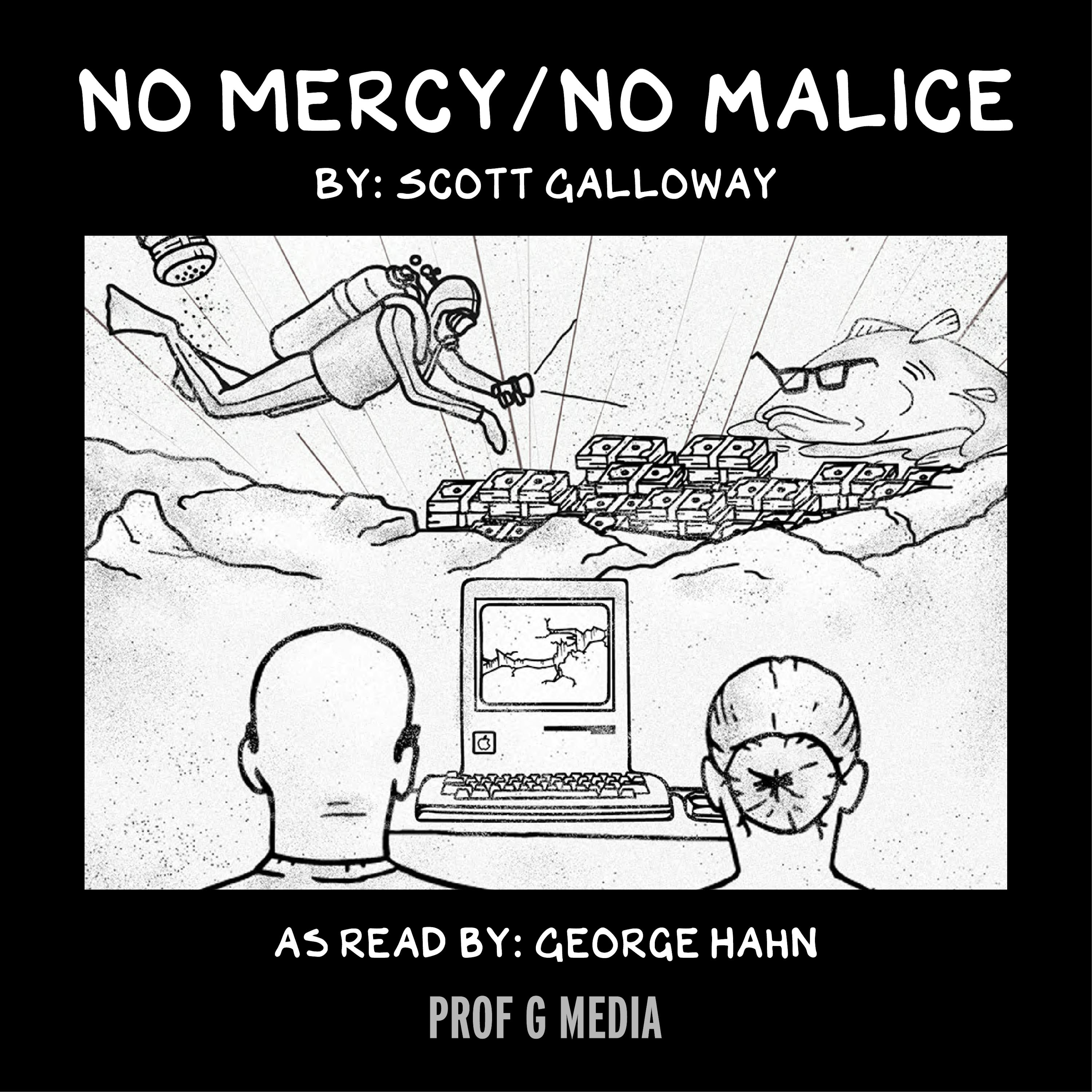Trump, Putin, and the End of American Power — with Dr. Fiona Hill
Scott speaks with Dr. Fiona Hill, senior fellow at Brookings and former U.S. National Security Council official, about Putin’s endgame and what it means for the West. They discuss Trump’s impact on the war in Ukraine, Europe’s test of unity, and how countries like India and Saudi Arabia are reshaping global power. Fiona also shares why America is losing influence abroad and what it will take to restore it.
Algebra of happiness: being extremely online.
Learn more about your ad choices. Visit podcastchoices.com/adchoices
Algebra of happiness: being extremely online.
Learn more about your ad choices. Visit podcastchoices.com/adchoices
Press play and read along
Transcript
Transcript is processing—check back soon.
The Prof G Pod with Scott Galloway — Trump, Putin, and the End of American Power — with Dr. Fiona Hill





